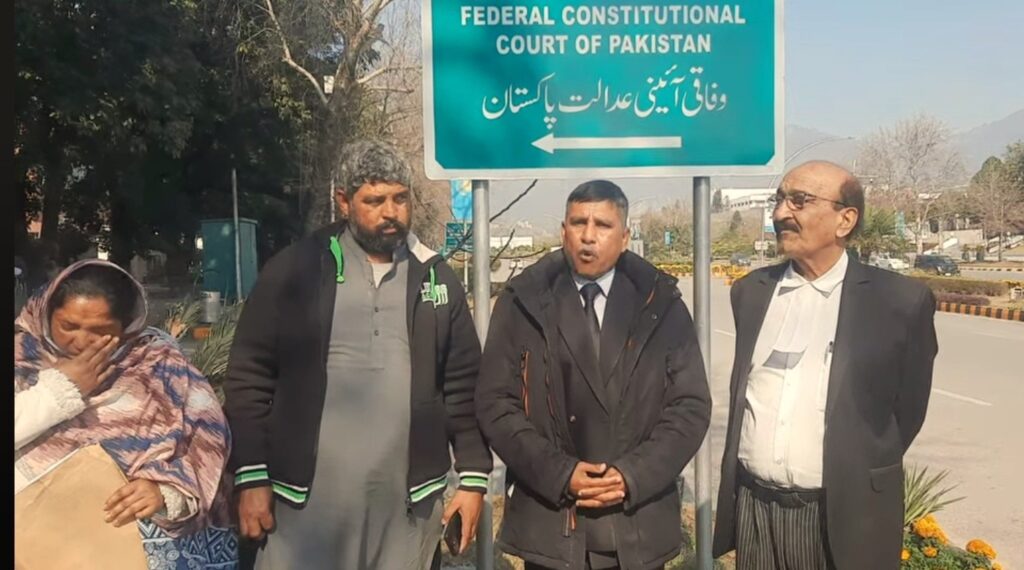Christians often instinctively know that politics matter but don’t know how to respond in a way that is faithful to the gospel.”
That thought was part of the inspiration for the second annual Ethics & Religious Liberty Commission (ERLC) national conference held Aug. 5 at the Music City Center in Nashville with the theme “The Gospel and Politics.”
More than 630 participants were equipped for gospel-centered political engagement after hearing from speakers at the one-day conference. ERLC’s conference immediately followed the Send North America Conference, also in Nashville (see story, page 3).
The Church plays an important role in evangelical political engagement, speakers said.
‘Shaped by Scripture’
Christians “speak from consciences shaped by Scripture,” said Russell Moore, ERLC president. Those consciences are vital when engaging the political scene in a gospel-centered way. “If we are going to go forward in the 21st Century, we must understand that (the Church) is of paramount importance in our mission.
“The worshipping, sending community carries with it a distinctiveness that gives us everything we have to say to the outside world.”
A shift to a more gracious approach in political engagement does not equal a shift in convictions, said Jim Daly, president of Focus on the Family, who spoke at the conference.
“When I would meet with homosexuals or gay activists, what some Christian leadership accused me of was losing my principles,” Daly told participants. “They had no clue what was going on in the meetings.”
Seeds were being planted for gospel witness, Daly said. “And to have somebody rail against you because you’re doing the gospel, there’s something not healthy about that. … We don’t give up our principles to have a nice, kind, gentle tone.”
J.D. Greear, pastor of The Summit Church, Raleigh, North Carolina, provided four myths younger pastors in particular must avoid in regards to political engagement.
“Secondary political ideals are matters of first importance,” he cited as the first myth.
Greear said that he tells his church, “I might be wrong on my position about global warming, but I am not wrong about the gospel. And I do not want my opinion on the first thing to get in the way of my preaching about the second thing.”
The other myths to be avoided, he said, are:
- Christian truth does not apply to politics.
- There is never a time to take a controversial political stand.
- We see everything clearly.
Regarding when to address issues from the pulpit, D.A. Horton, church planter and national coordinator for urban student missions for the North American Mission Board, said, “Anytime the common good of humanity is under attack and human flourishing is being oppressed, then I believe that’s a red flag that we need to be addressing” from God’s Word.
Jimmy Scroggins, pastor of Family Church, West Palm Beach, Florida, said, “We’re not going to be able to speak to every single issue with the same force.”
David Platt, president of the International Mission Board, applied the gospel to the human trafficking crisis.
Acknowledging there are no easy answers and no simple solutions to the epidemic, Platt said, “Fighting slavery begins with believing in the gospel.”
Jesus “is the pursuing Savior, and as men and women who are identified with Him we need to pursue the enslaved,” said Platt, who added traffickers and pornography users also need the gospel.
Other speakers included Ross Douthat, columnist for The New York Times; author Rod Dreher; Erick Erickson, editor of RedState.com; Michael Gerson, columnist for The Washington Post; Jennifer Marshall, vice president at the Heritage Foundation; and Karen Swallow Prior, author and English professor at Liberty University in Lynchburg, Virginia.
(Baptist Press, TAB)





Share with others: